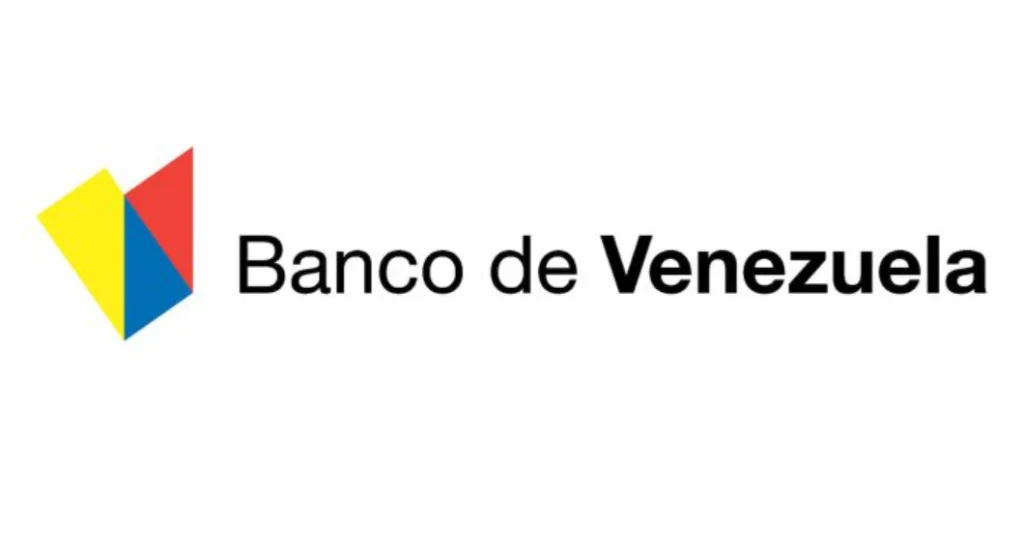After previously removing sanctioned Russian banks last week from its peer-to-peer (P2P) trading service, cryptocurrency exchange Binance has also removed Banco de Venezuela from the list.

According to Venezuelan users, Banco de Venezuela has been removed from P2P payment options this week, following a succession of similar removals by Binance of Russian banks.
The apparent cause for this action is the Wall Street Journal’s August 24 report on the exchange’s participation in evading international financial sanctions.
Banco de Venezuela is one of the country’s leading financial institutions; according to available data from the end of the 2000s, it ranked third with a market share of over 11%.
In 2009, Grupo Santander, a private holding corporation, sold it to the state for approximately $1 billion. In 2018 and 2019, the United States Treasury Department imposed sanctions on Venezuelan government officials and affiliated institutions in response to the repression of the 2014 and 2017 protests.
According to local media, private Venezuelan institutions such as Banesco, Banplus, BBVA Provincial, and others remain on Binance’s P2P platform list.
The recent increase in awareness regarding incorporating sanctioned banks on crypto P2P payment options was brought to light last week when the WSJ reported that Tinkoff Bank and Sberbank were featured on Binance as transfer methods.
Tinkoff and Sberbank ceased to be visible on the Binance P2P platform on the same day; however, the options colored “yellow” and “green,” representing their respective brand colors, remained.
On August 25, journalists reported that all sanctioned banks had been removed from the list, citing a Binance spokesperson.
On August 28, OKX and ByBit, two additional significant cryptocurrency exchanges, followed Binance in excluding sanctioned Russian banks from their payment options.
